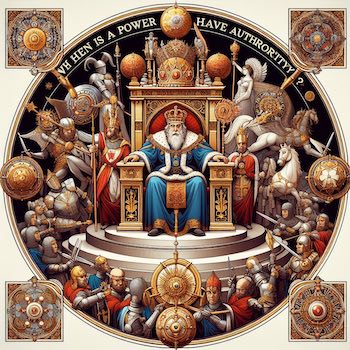Ken Wilber’s (too?) brief account of The Everything
Abstract: As Surimposium is a theory of everything presented on this site, I examine Ken Wilber’s earlier theory, which he expanded throughout his life. I separate the excellent start on Arthur Koestler’s holons, likely to win broad support, and the mystical veneer added by Wilber, which ends up erasing the initial coherence. I highlight Wilber’s … Read more










